Affectionate Pet Care: Nurturing Your Pet with Love and Attention
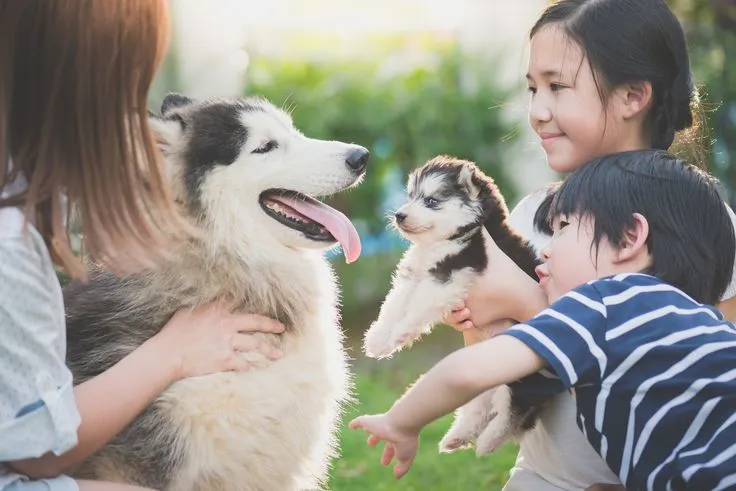
Most people think of feeding, grooming, and maintaining the health of their pets when they think of caring for them. Nevertheless, the emotional bond we have with our pets is one of the most important aspects of pet care. Affectionate pet care extends beyond fulfilling their basic needs; it involves nurturing a deep emotional connection that enhances their well-being and yours.
Just like humans, pets require love and attention to thrive. Showing affection toward them not only strengthens our bond but also profoundly impacts their happiness, mental health, and behavior. This article will explore the importance of affectionate pet care, practical ways to show affection, and why it’s crucial for your pet’s overall well-being.
Why affectionate pet care matters
Pets, whether they are dogs, cats, rabbits, or even reptiles, all have emotional needs that are often overlooked. Affectionate pet care is not just about playing with your pet or giving them attention on a whim—it’s a consistent, mindful practice that fosters trust, comfort, and well-being. Here’s why it matters:
Strengthens the Emotional Bond
The more affection you show to your pet, the deeper your relationship with them becomes. Pets are social animals (even if they don’t always seem like them), and they rely on positive interactions with their owners to feel safe and secure.
It is possible to show affection to a dog by giving them belly rubs, praise, or cuddling them. For cats, it might be a gentle petting session or quiet time on the couch. The more positive interactions you have, the stronger the emotional bond becomes, leading to a more trusting relationship.
Promotes Mental Health
Pets are emotional creatures, and like humans, they can suffer stress, anxiety, and depression. Lack of affection or attention can lead to behavioral issues, anxiety, and overall unhappiness. On the other hand, regular affectionate care can reduce anxiety and increase security.
If a dog feels calmer in its owner’s presence as a result of being petted or hugged regularly, for example. A cat that gets routine playtime or one-on-one time with its human is less likely to exhibit negative behaviors like scratching furniture or hiding.
Improve Behavioral Health
Affectionate care can be a powerful tool for improving your pet’s behavior. Pets that receive regular attention and care are less likely to engage in destructive behaviors like chewing, scratching, or digging. Additionally, affection helps your pet feel valued and content, reducing aggression, anxiety, and stress-induced behaviors.
Boosts physical health
Pets’ physical health can be positively impacted by showing affection to them as well, although that may seem surprising. Stress weakens the immune system, and a pet that feels loved and relaxed is less likely to suffer from stress-related illnesses, such as gastrointestinal issues or chronic inflammation.
Furthermore, physical activities like petting, grooming, and playing can benefit your health. For example, brushing your pet strengthens the bond and helps with grooming and skin health.
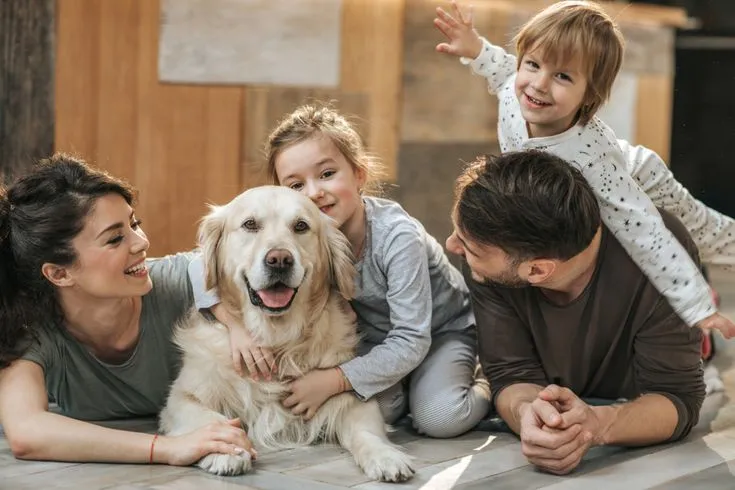
How to Show Affectionate Pet Care: Practical Tips
As we have established the importance of affectionate pet care, let’s move on to the practical ways in which we can show affection to our pets, whether they are dogs, cats, rabbits, or other species.
1. Physical Touch: Petting and cuddling
Physical touch is one of the most straightforward and effective ways to show affection to your pet. This can range from petting to cuddling to massaging.
-
For Dogs: Most dogs love belly rubs, ear scratches, or snuggling up with you on the couch. Some dogs might even enjoy a gentle massage, particularly older dogs or those with muscle aches.
-
For Cats: Cats enjoy petting, especially along their backs, under their chins, or around their cheeks. Some cats love being picked up and held, while others prefer sitting beside you or near you without being touched.
-
For Rabbits and Small Pets: Rabbits can be incredibly affectionate and enjoy gentle petting and even being held, but make sure you’re doing it safely and comfortably.
The key is to observe your pet’s reactions. Some pets love a long petting session, while others prefer shorter bursts of affection.
2. Playtime: Bonding Through Activities
Having a play date with your pet can be a fun and rewarding way to show support and affection. Playtime isn’t just an energy outlet for your pet—it’s a fantastic bonding opportunity.
-
Dogs love interactive games like fetch, tug-of-war, or agility training. These activities provide physical exercise and reinforce your bond as they look to you for guidance and companionship during play.
-
For Cats: While cats may not want to play as actively as dogs, they love chase games, especially if you use toys like feather wands, laser pointers, or interactive balls. These toys simulate prey, allowing them to exercise their hunting instincts and burn off energy.
-
For Small Pets: Even rabbits and guinea pigs enjoy playtime. Please provide them with tunnels, chew toys, and even social play with other pets to keep them entertained and connected with you.
3. Routine Care: Grooming and hygiene.
Grooming your pet can be an intimate and affectionate experience that benefits their health and strengthens your connection. Regular grooming (whether it’s brushing, nail trimming, or cleaning their ears) allows you to spend quiet time together.
-
For Dogs: Regular brushing removes dirt and tangles, keeps coats shiny, and helps you check for skin issues. If your dog enjoys it, you might incorporate a relaxing bath into the grooming routine.
-
For Cats: Cats groom themselves, but brushing them can help reduce the shedding and prevent matt, particularly for long-haired breeds. Cats often appreciate this quiet bonding time.
-
For rabbits: Rabbits require regular grooming to prevent tangling. Gently brushing them keeps them looking healthy and reinforces trust and affection.
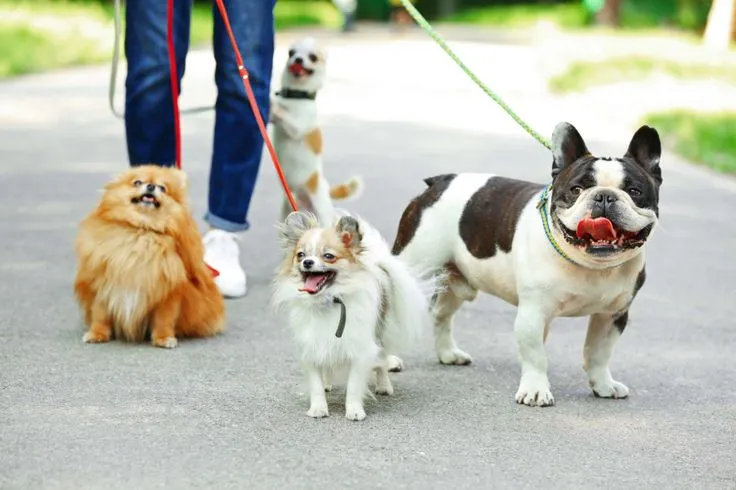
4. Verbal Affection: Talking to Your Pet
Your pets may not understand every word you say, but they can understand your voice tone. Speak to your pet calmly and affectionately and help them feel loved and secure.
-
For Dogs: Dogs are highly attuned to their owners’ voices. Using a soft, loving tone when speaking to them—whether you’re offering praise, encouragement, or simply saying their name—reinforces the emotional bond.
-
For Cats: Cats may respond to your voice, even if they don’t always run. Soft talk or singing to them can calm them. Even though cats might not always respond, they’ll likely feel comforted by your voice.
5. Creating a Safe, Comfortable Environment
An affectionate environment is one where your pet feels safe, secure, and relaxed. PEOPLE CAN BE AFFECTED BY THEIR SUCCESS, AND ENSURING THEY HAVE A COMFORTABLE SPACE WILL
-
For dogs: Make sure your dog has a comfortable place to rest, whether it’s a dog bed or a designated spot on the couch. Dogs feel secure when they have their own space to retreat to.
-
For Cats: Cats enjoy high vantage points, so cat trees, shelves, or window perches can be great additions to your home. A soft, quiet corner with their favorite blanket or pillow can also be a sanctuary.
-
For Small Pets: Rabbits and Guinea Pigs benefit from having a cozy, safe space to hide and feel secure. A soft bedding area within their cage or pen comforts them during rest periods.
6. Respect Boundaries and Preferences
Each pet has their preferences regarding affection, and respecting those boundaries is essential. Not all pets enjoy the same amount of physical stimulation, and some prefer more space or alone time. Always observe your pet’s body language and respect their signals.
-
For Dogs: Pay attention to your dog’s tail wagging, ear position, and overall demeanor. Some dogs may be overwhelmed by excessive petting or hugging, while others will happily soak it all in.
-
For Cats: Cats are more sensitive to touch, especially when not in the mood for affection. If your cat pulls away, respect their need for space and try again later. Slow, gentle petting is often appreciated by felines.
7. Time Together: Quality, Not Just Quantity
Sometimes, it’s not about the amount of time you spend with your pet but the quality of your interactions. Even 10 minutes of focused affection—whether it’s playing, petting, or cuddling—can make your pet feel loved.
-
For dogs: Short bursts of attention can be just as effective as longer sessions. Try to engage with your dog at various times during the day to maintain the bond.
-
For cats: Cats are often independent but enjoy spending quiet time with you. Sitting next to your cat, even if they’re not actively seeking attention, is a form of affection.
The Benefits of Affectionate Pet Care
Providing your pet with affectionate care has long-term benefits beyond creating a close bond between you and your pet. Here’s how affectionate pet care enhances both of your lives:
1. Reduced Stress and Anxiety
When pets feel loved and secure, they experience lower stress and anxiety levels. The presence of their favorite person, combined with regular affectionate care, gives them the stability they need to feel safe and content.
2. Improved Behavior
Pets that receive affection regularly tend to be less anxious, less destructive, and more responsive to training. They’re more likely to behave well because they feel secure and loved.
3. Better Physical Health
Affectionate care that includes exercise, grooming, and proper nutrition helps keep your pet physically healthy. Physical affection, such as petting or cuddling, can lower blood pressure and promote relaxation for both you and your pet.
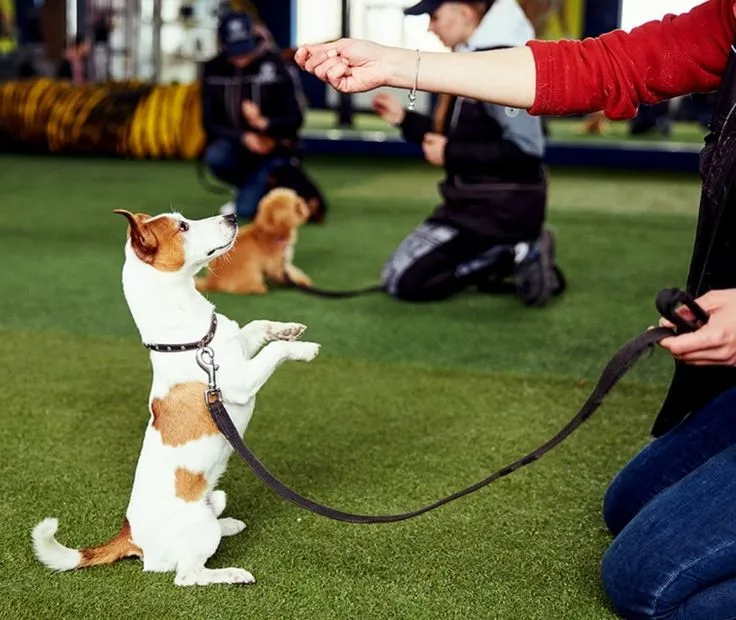
Conclusion
Affectionate pet care is the heart of a happy, healthy relationship with your pet. It goes beyond basic needs like food and shelter, addressing pet care’s emotional and mental aspects that can make a difference in their lives. You’ll strengthen your bond with your pet by providing regular affection, play, attention, and care and contribute to their overall happiness and well-being.
The best part? Affectionate pet care isn’t just beneficial for them—it also enhances your life, bringing joy, companionship, and fulfillment. So, whether your pet is a playful pup or a gentle cat, ensure you offer them the love and care they need to thrive. Your pet will thank you with tail wags, purrs, and endless devotion.


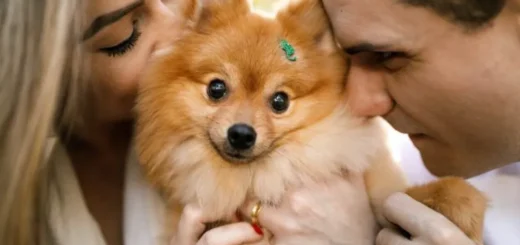
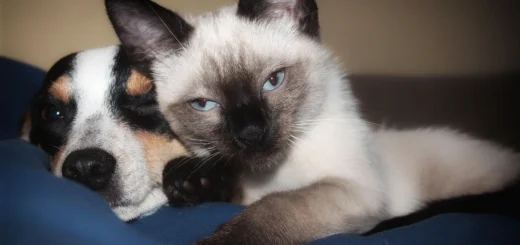


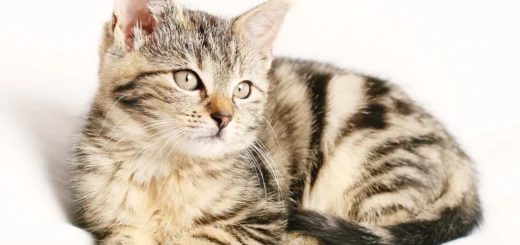










Recent Comments